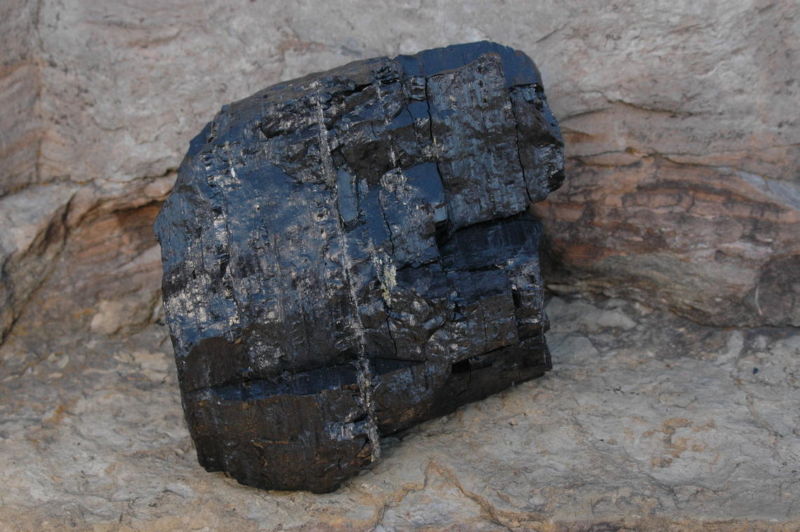Ditching coal in the US is saving lives, helping crops

Enlarge / If you're bad, you get coal. (credit: Donna Pizzarelli, USGS)
A lot of the discussions about switching sources of electricity focus on costs, specifically whether going renewable will cost more than fossil fuels. But the costs of fossil fuels go well beyond simply the costs of supplying the fuel. Fossil fuels create costs by harming human health and the environment-these costs aren't priced into electricity produced. Instead, they wind up being paid by society at large-and that's before pricing in the inevitable costs of climate change.
In fact, in the United States, the rationale for Obama-era climate rules included the idea that the regulations would save money by avoiding these costs. That claim was controversial, however, and the Trump administration's rollback of these rules also claimed to provide economic benefits.
What's been lacking is a clear measure of the impact of pollution from fossil fuels. In an attempt to rectify that, Jennifer Burney of the University of California, San Diego, took advantage of a natural experiment that the US has been undertaking: shuttering older coal plants and replacing them with natural gas, which produce far less pollution. Using data from a decade of vanishing coal plants, Burney found that tens of thousands of deaths had been avoided by replacing coal plants. As an added bonus, the productivity of nearby farms increased as well.
Read 10 remaining paragraphs | Comments